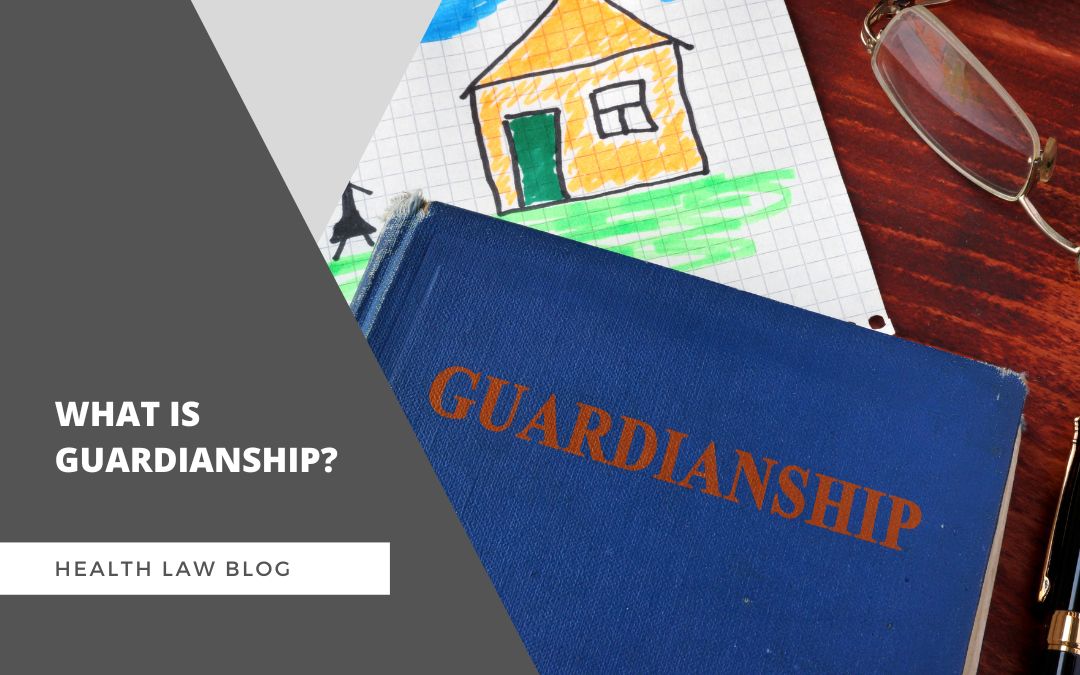Guardianship is a legal process. It appoints someone with the legal authority to make decisions for another person who is unable to care for themselves.
You can be assigned as a:
- Guardian of the person — assuming the responsibilities of care and custody of the person (a child, adult, or older adult)
- Guardian of the estate — assuming the responsibilities of managing the person’s finances, property, and assets
However, caregivers are not the same as guardians. Relative and non-relative caregivers often provide for, protect, and care for the individual’s daily needs. But they aren’t legally responsible for the person.
As a result, they can’t make certain medical, legal, educational, or other decisions for the person. Depending on the situation, they may not be entitled to receive information from certain professionals either, like doctors, or add the person to their insurance. This can limit their ability to fully care and protect the individual.
Caregiver
However, a caregiver can become a legal
guardian if appointed guardianship through the court.
Typically, guardianship is declared by completing an application with the court, having a hearing before a judge, and then the judge appoints a guardian if deemed necessary.

